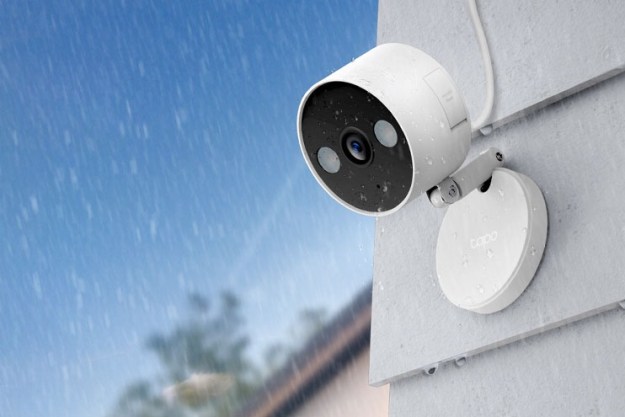Modern improvements in biotechnology could be shaking up age-old religious traditions. Thanks to the new so-called “clean meat” movement, it may soon be possible for Jews who keep kosher to eat meat cultured from pork cells — with no guilt on the side. As initially reported by Quartz, a number of “influential rabbis” have begun taking on a new debate that is truly a sign of the times: whether cell-cultured pork meat would be permissible under othodox Jewish doctrine.
One rabbi who is firmly on the “yes” side of this curious new conundrum is a prominent orthodox rabbi in Israel named Yuval Cherlow, of the Tzohar Rabbinical Organization. He recently said in an interview with Ynet that clean pork meat — which is to say, pork meat that is grown in a lab from the cells of a pig, but involves no harming of an actual pig animal itself, would be kosher. His justification? That if the genetic material of the animal is used, “the cell, in fact, loses its original identity and therefore cannot be defined as forbidden for consumption.”
The debate over whether or not clean meat is kosher is just another variation of the ongoing debate around whether clean meat is in fact meat at all. Not so long ago, the U.S. Cattlemen’s Association (USCA) has filed a lengthy petition with the U.S. Department of Agriculture (USDA) in order to establish clear rules around what constitutes “meat” and “beef.” In the 15-page petition, filed in February, the USCA claims that lab-grown meat cannot be considered either meat or beef as it does not come from animals that were raised and slaughtered. The group of ranchers further notes that labeling these products “meat” will be confusing to customers.
But part of the appeal of the clean meat movement is that the product is, by all scientific accounts, meat. It’s not tofu that’s made to taste like chicken or seitan that’s ground up to resemble ground beef. Rather, a number of companies have begun harvesting cells from animals in order to grow muscles (which is to say, meat) that humans then consume.
If Jewish rabbinical organizations begin certifying this lab-grown meat as kosher, it could have positive financial implications for the clean meat movement. After all, as Quartz reports, the global kosher market is worth over $24 billion, and the similar Muslim halal standard is now worth more than $1.6 trillion the world over. A similar debate is also brewing in the Muslim community regarding clean meat, and given that about 23 percent of the world’s population are followers of Islam, the answer to such a debate could have enormous global ramifications.
That said, we should note that clean meat is still a ways from coming to market. There’s no sign of these products in supermarkets yet, and Hampton Creek, which is probably the furthest ahead in its endeavors, isn’t planning on releasing the first of its meat offerings until later this year. Still, it’s certainly food for thought in the meantime.


